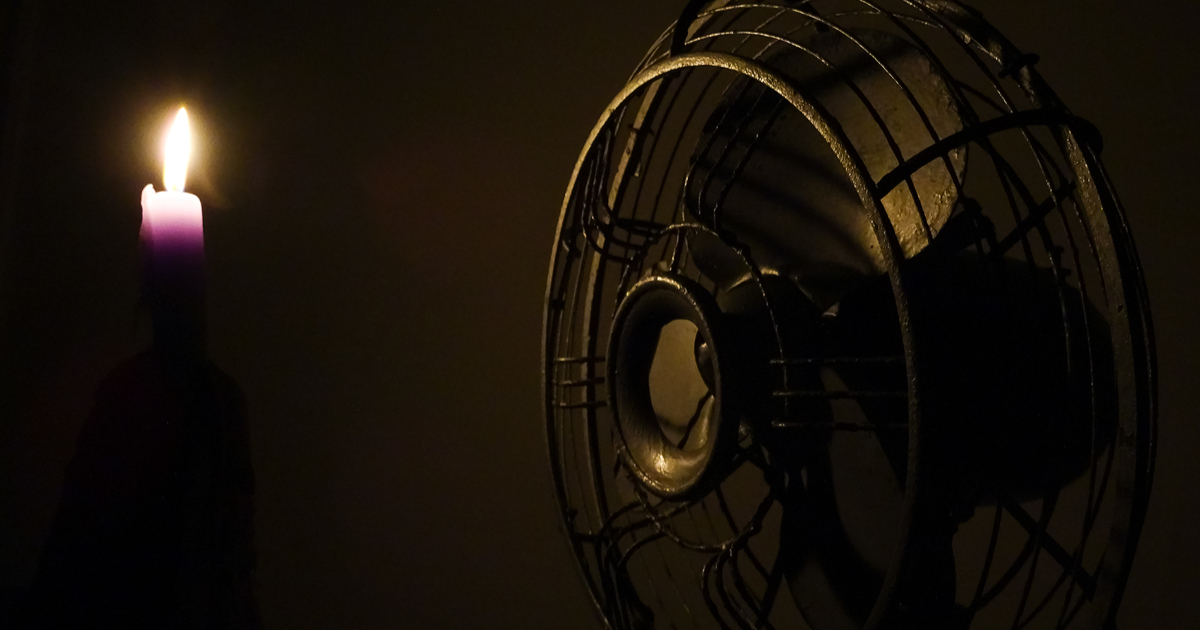
Saturated with outdated equipment and battered by fuel shortages, Cuba is pinning its hopes on Russia to escape from the energy crisis that has been plaguing and enraging the people for years.
During a visit to the city of Saint Petersburg, the vice prime minister of the regime, Ricardo Cabrisas Ruiz, held meetings with Inter RAO Export and Hevel Group companies to work on projects and "increase efficiency in the generation of electric power and the development of renewable sources," as reported by the Caribbean government on the social network X.
The publication added that Cabrisas spoke with the President of the Federation Council of Russia, Valentina Matvienko, and the Chief Executive Officer of the company Rosneft, Igor Sechin, within the framework of the International Economic Forum being held in that city.
As part of the agenda to be carried out in St. Petersburg by the Deputy Prime Minister, it is planned for the delegation to participate in thematic panels, meetings with government authorities, and representatives of Russian companies," the thread continued in X.
The conversations take place in a complex context for the people who are experiencing power outages of up to 20 uninterrupted hours, and only receive as encouragement the slogan of "resist creatively" and understand, while President Miguel Díaz-Canel and other state representatives openly acknowledge the situation without providing solutions.
The coming and going of thermoelectric units seems like a random game, as they provide half-hearted services with constant interruptions due to breakdowns or maintenance, while the population lives amidst stress and juggling to organize their routines around the expected "lights."
Exactly, the Electric Union reported an impact of 953 MW this Wednesday and forecasted a deficit of 885 MW for today, figures again close to 1,000 MW, far from the 462 forecasted on Tuesday.
This energy crisis extends throughout the entire country, which is why some local governments are trying to calm tensions with cultural activities and the sale of prepared foods or charcoal.
The latest "great idea" came to life recently in Santiago de Cuba as an alternative for cooking food, in a country where the majority of the population relies on electrical appliances.
It is not surprising, then, that events such as the loss of fluid milk intended for children in Matanzas are repeated, or actions such as the Popular Exercise Meteoro-2024 are suspended, despite forecasts of intense cyclonic activity in the Atlantic.
What do you think?
COMMENTFiled under: